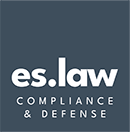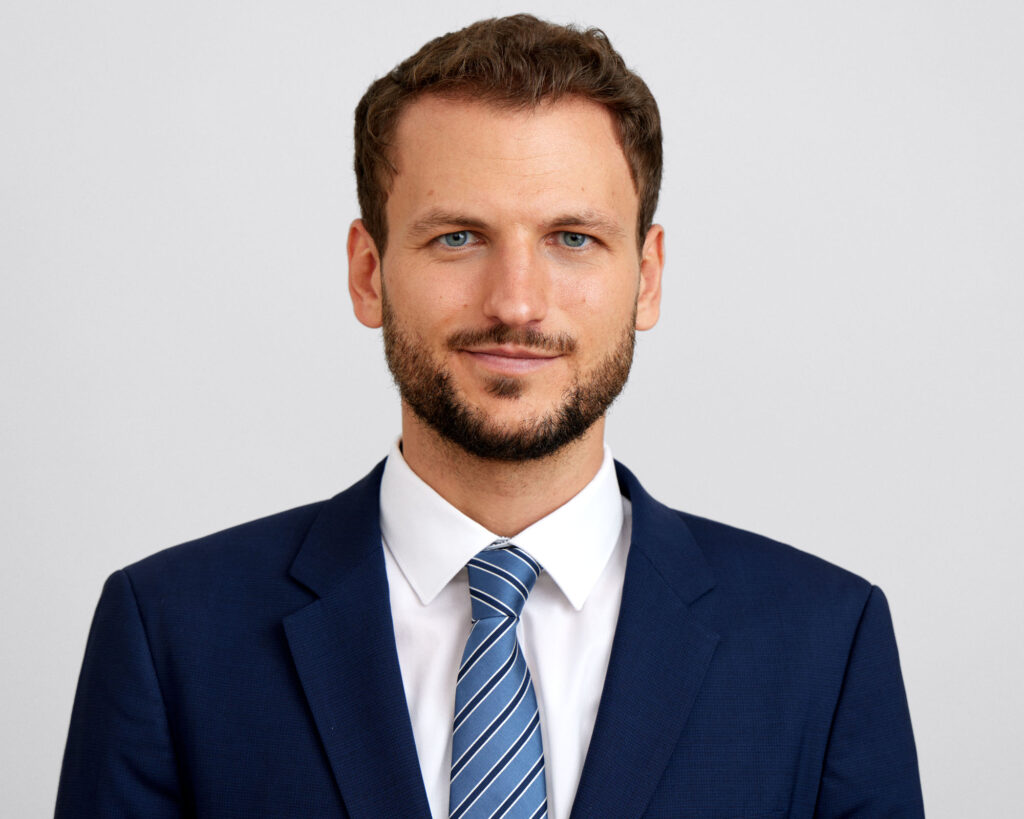Important rights of the accused
In addition to the presumption of innocence, the right to be heard and the right to defense are essential principles of Austrian criminal procedure law. Every accused person has the right to participate in the entire proceedings and to present their side of the story to the prosecuting authorities. Furthermore, accused persons have the right to inspect the files and can therefore view the results of the criminal proceedings. The right to inspect files should be exercised regularly in order to always be informed about the current status of the investigation.
Avoiding mistakes by involving a lawyer at an early stage
The accused may not be forced to incriminate himself. Accused persons are free to testify or refuse to testify at any time. The right choice as to whether, and if so, what statements the accused makes to the police or the public prosecutor’s office is of considerable importance in the investigation proceedings. Accused persons have the right to contact a defense lawyer and discuss their case with them. It is important to consult a lawyer early on in the proceedings and to seek advice and support from them in exercising your rights of defense. This is because gross mistakes, which almost always result from hasty actions in the preliminary investigation proceedings without legal advice, are often irreversible later and to discuss their case with him.
Defense strategy in white-collar criminal law
The development of an effective defense strategy requires a careful analysis of the accusation, the available evidence and the legal framework. The engaged defender must not only understand the facts of the case, but also look beyond the criminal law and take strategic aspects into account.
When determining the defense strategy, there are many mixed forms between the two extremes of “conflict defense” and “consensus defense”; the choice of the right defense strategy is highly individual and always depends on the specific case. In any case, procedural actions by the police, the public prosecutor’s office, and the court must be checked for their legality in the investigative proceedings. Unlawful state investigative activities must be clearly countered and combated in the course of the defense with the appropriate legal remedies.
Interrogation as an accused: Should I make statements?
In the course of criminal investigation proceedings, most accused receive a summons from the police so that the police can question the accused about the allegations. The interrogation of the accused is a critical moment in criminal proceedings. The interrogation offers the opportunity to comment on the allegations and present exculpatory evidence. Yet, there are some pitfalls in this context. The police often insists on a quick interrogation. This creates pressure.
The accused should generally resist the natural reflex, resulting from our usual communication behavior, to want to quickly make statements regarding the accusations. Criminal proceedings function according to their own rules and are still characterised by a a hierarchy. Just being present at the police station and the fact that the questions are posed by a state authority have a significant impact on many accused.
Many accused make hasty and often imprecise statements in a pressure situation without precise knowledge of the file content because they fear being portrayed as the perpetrator if they do not immediately answer the police’s questions. In fact, the opposite is often the case: Imprecise statements in the interrogation are often used to conclude that the accused may have actually committed the crime, even if this is not the case. Therefore, the right to remain silent should be taken seriously. Oral statements during an interrogation should be made, if at all, only after complete access to the case files and the establishment of a defense strategy. Therefore, thorough preparation in consultation with a specialized attorney is essential.
Advantages and correct use of a written statement
Accused persons have the right to express their point of view in the form of a written statement (statement of defense). Case law in Austria recognises the subjective right of accuseds and accused associations to submit a written statement. Although this does not replace the interrogation of the accused, the written statement is an admissible procedural act and a result of evidence to be taken into account.
The accused is also entitled to make a statement in criminal proceedings exclusively in writing by submitting a written statement at the beginning of his interrogation, making it part of his statement and declaring that he will make use of his right to remain silent and make no further statements. In this way, the unpleasant situation of being questioned by the police or public prosecutor’s office can be dealt with in just a few minutes. It always depends on the individual case whether it makes sense to answer questions, make a written statement or combine both.
How a written statement can influence the course of the proceedings
Not only in complex economic criminal proceedings is it advisable to prepare a written statement. A well-structured written statement allows the accused to calmly present their arguments, considering the content of the files, without the psychological pressure of an oral interrogation situation. In addition, evidence requests can be made in the written statement, and documents (e.g., exculpatory materials) can be presented, which must be considered by the prosecuting authorities.
In some cases, this may achieve the goal of convincing the public prosecutor that a conviction is unlikely to be obtained, leading them to discontinue the investigation. Even if responsibility is accepted, in many cases it can be argued that the culpability of the accused is not to be regarded as serious, so that the proceedings are settled in the form of diversion or, in corporate criminal law, by withdrawing from the prosecution of an association (Section 18 VbVG). In this way, a public trial can sometimes be avoided while maintaining the presumption of innocence.


